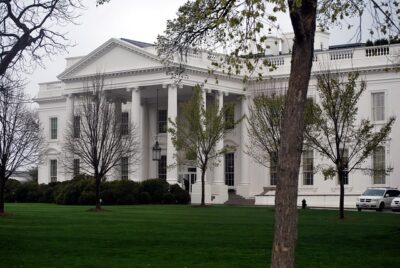Presidential elections can create uncertainty for investors who wonder what the outcome might mean for their portfolios. History shows that presidential elections have little direct impact on stock market performance. Stocks haven’t been particularly volatile in presidential election years. If we look back all the way to 1928, the vast majority of election years have seen fewer than ten +/- 2% trading days. The stock market has tended to do well during election years. Since 1928, U.S. stocks were positive in 83% of presidential election years (20 of 24) vs. 70% (52 of 74 non-election years). This election year (year-to-date through September 30) has already seen strong market returns, posting the 3rd strongest start to a presidential election year since 1928. Deviating from your strategic asset allocation based on performance fears around elections is usually unnecessary, and can even be harmful. Click below for more information.
Read moreMonth: October 2024
21 Oct 2024
1 Oct 2024
Ever since it won independence, the United States has cherished democracy and spurned the semblance of aristocracy and monarchy. However, the need for a central executive leader -- the president -- has made it difficult to avoid giving that person preferential treatment. After all, it's a big job. As time's gone on, the perks of the job have become more numerous. But perks aren't just about making the president's life easier; instead, many are for security or just practical reasons. Keep reading to see the 10 most expensive perks.
Read more
